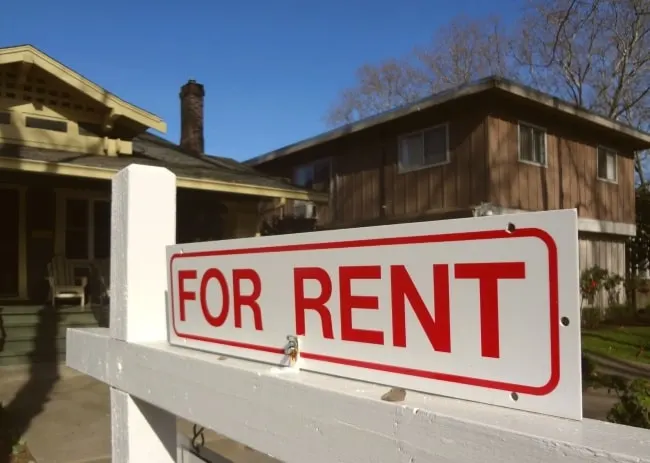
“If you don’t find a way to make money while you sleep, you will work until you die.”
That dour quote comes courtesy of Warren Buffet, CEO and chairman of Berkshire Hathaway and eighth richest person on earth. While it’s safe to say most of us won’t ever reach Buffet’s heights of wealth, his wisdom is universal. In order to ensure financial stability for our families, as well as our own comfort into old age, we need to create supplemental income streams. As our economy changes – for the worse, as many would argue – your job might not always cut it. It’s up to you to develop a secondary source of income, one that doesn’t disrupt your schedule. That’s why you should invest.
Investing in general involves any amount of money; whether it’s a $4 investment in fractional stocks or a $20,000 investment in a mutual fund, it’s still a chance to earn something back. However, all investments carry some level of risk. Some are quite risky. Others are relatively safe. In general, the riskiest investments tend to be the most lucrative, if luck and the markets are on your side.
That is except for real estate.
According to our colleagues at Utopia Property Management in California, real estate is one of the safest investments you can make long term, and also one of the most immediately profitable. While there have historically been major economic events that bludgeoned the price of land, along with everything else, these are few and far between. In any case, land bounces back. That’s because land is always in demand, and so are houses.
This type of investing is a perfect fit for the middle-class dad, especially if you look for property in your immediate area.
Why Real Estate Beats Other Investment Fields
Most well established publicly traded companies will award shareholders a quarterly dividend, or a payout derived from company profits. Mutual funds and some CDs work the same way. But dividends can be pretty miniscule in many cases.
Owning a house won’t net you any dividends, but it will give you something better: rental income. Rather than being tossed a bone every quarter, you can collect every single month, and be happier and more secure because of it, by renting out a room or a house as the property itself slowly grows in value. That’s why people become landlords.
Investing in Property the Right Way
That’s not to say becoming a landlord and running a rental property is easy. There’s a lot to think about:
- What’s your budget?
You don’t have to purchase an investment property outright. Most people don’t. Instead, you take out a mortgage just like you would for your own house, albeit with a steeper interest rate. Your purchasing budget should be enough for a down payment, at least 10% of the total sale price, but don’t forget the various fees that come with buying a house.
- Where should you buy?
It can be hard to find the right market to enter. While popular, established locales will generate good rental income quickly, many investors try to find property in up-and-coming places where they can buy cheap and enjoy fast rising equity along with rental income.
- What should you charge?
As the landlord, it’s up to you how much you charge for rent, as long as it’s enough to cover all expenses associated with the property, like your mortgage and property tax.
- How will you be able to manage a rental property?
Running a rental property is real work, and you can try to do it all yourself depending on your situation. Are you handy with repairs? Are you available or do you work full time already?. If you didn’t answer yes to both of those, then hire a property manager. The typical 8-10% rate will pay for itself in the mistakes you’ll make alone, let alone time invested.
Finding the Right Property Manager
Most successful landlords with lucrative properties enlist the services of a property manager. While it may sound like another expense (it is) and while you may think you can do a property manager’s job yourself (you might be able to), trust us on this: after a few months of renting your property, you’ll wish you had just hired management.
Tenants are demanding. They’re paying you every month for a place to live, and in return they deserve responsive service. If you’re already working a full time job, do you think you’re going to be able to take care of their needs around the clock?
Good property managers don’t just perform maintenance on properties; they handle every aspect of their operation. Advertising units, showing them, making repairs, and even handling evictions are all part of a property manager’s duties. Many tenants don’t even meet their landlords, dealing entirely with their property manager. Property managers have the resources and know-how to effectively and efficiently run rentals. It’s worth the expense and in fact pays for itself in most cases.
- Sagittarius Man & Gemini Woman Love and Sex Compatibility - January 31, 2024
- Taurus Ascendant Rising Personality Traits in Men (Guide) - January 31, 2024
- How to Seduce and Attract a Sagittarius Man (Seduction Tips) - January 31, 2024
